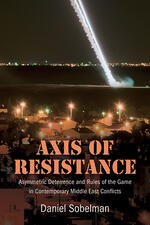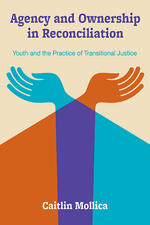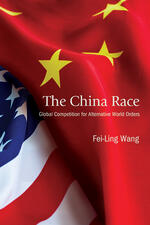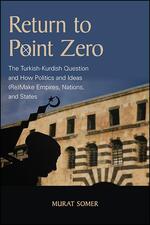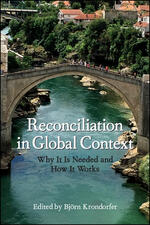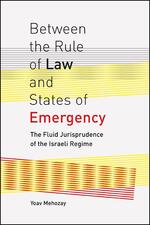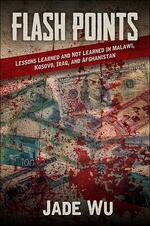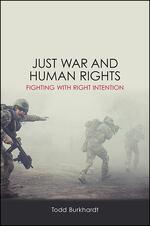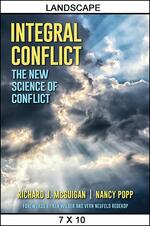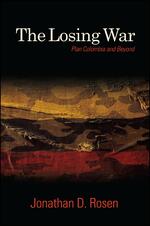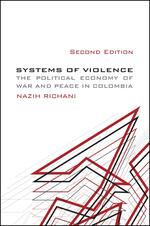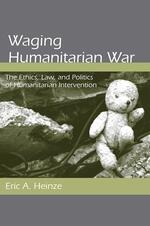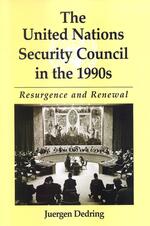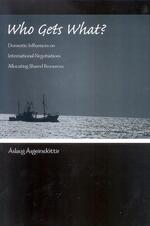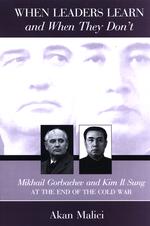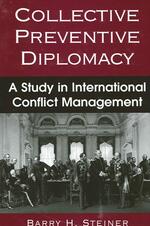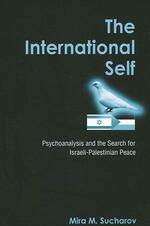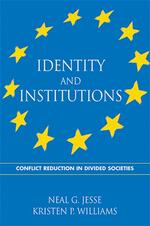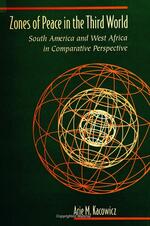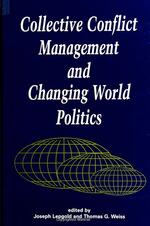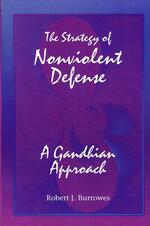Conflict Resolution
Axis of Resistance
An in-depth analysis of the primary conflicts animating the contemporary struggle over the regional order of the Middle East.
Agency and Ownership in Reconciliation
Drawing on the cases of South Africa, East Timor, Sierra Leone, and the Solomon Islands, examines how Truth and Reconciliation Commissions (TRCs) have engaged with youth in ways that represent their stories and reflect their substantive participatory capacity as political stakeholders.
The China Race
An analysis of the China Race—the global competition for leadership and world order between the US-led West and the People's Republic of China.
Return to Point Zero
Analyzes Turkey’s Kurdish conflict since post-Ottoman nation-building through recent peace attempts, from a novel perspective highlighting the dilemmas of the Turk majority and reshaping our understanding of ethnic conflicts, and offers solutions for a sustainable peace.
Reconciliation in Global Context
A transdisciplinary approach to reconciliation practices and policies by an international team of scholars and scholar-practitioners.
Between the Rule of Law and States of Emergency
Raises concerns about the degree to which the rule of law and emergency powers have become fundamentally entangled, using Israel as a case study.
Flash Points
A compelling, intimate account of how US foreign assistance in war zones and developing countries does not achieve its intended goals.
Just War and Human Rights
Discusses how just war theory needs to be revised to better secure and respect human rights.
Integral Conflict
Explores conflict through the lens of Integral Theory and provides a case study where Integral conflict resolution techniques are highlighted.
The Losing War
Critical analysis of Plan Colombia, a multibillion dollar US counternarcotics initiative.
Systems of Violence, Second Edition
Expanded new edition of an important study of the protracted violence in Colombia.
Waging Humanitarian War
Examines the ethical, legal, and political dimensions of military intervention for humanitarian reasons.
The United Nations Security Council in the 1990s
An insider’s account of the UN Security Council in the years immediately after the end of the Cold War.
Who Gets What?
Examines the domestic constraints negotiators operate under when nations seek to cooperate.
When Leaders Learn and When They Don't
Develops a new and dynamic theory of foreign policy decision making and experiential learning.
Collective Preventive Diplomacy
Examines how and why great powers act to defuse ethnic conflict within small powers.
The International Self
Uses a social-psychoanalytic model to argue that collective identity shapes foreign policy changes.
Identity and Institutions
Explores the role of international institutions in reducing conflict in multiethnic societies.
Zones of Peace in the Third World
Provides a critique and an extention of the "democratic peace" theory by focusing on the regional level and by offering alternative explanations for the maintenance of democratic and non-democratic "zones of peace. "
Collective Conflict Management and Changing World Politics
Examines the prospects for collective management of international conflict, identifying the international and domestic conditions under which it will and will not tend to work and exploring whether the end of the Cold War will make its success more or less likely than before.
The Strategy of Nonviolent Defense
Addresses the question of whether nonviolent defense can be an effective strategy against military violence. Drawing from the strategic theory of Carl von Clausewitz, the nonviolence of Mahatma Gandhi, and recent human needs and conflict theory, Burrowes develops a new strategic theory of nonviolent defense.
